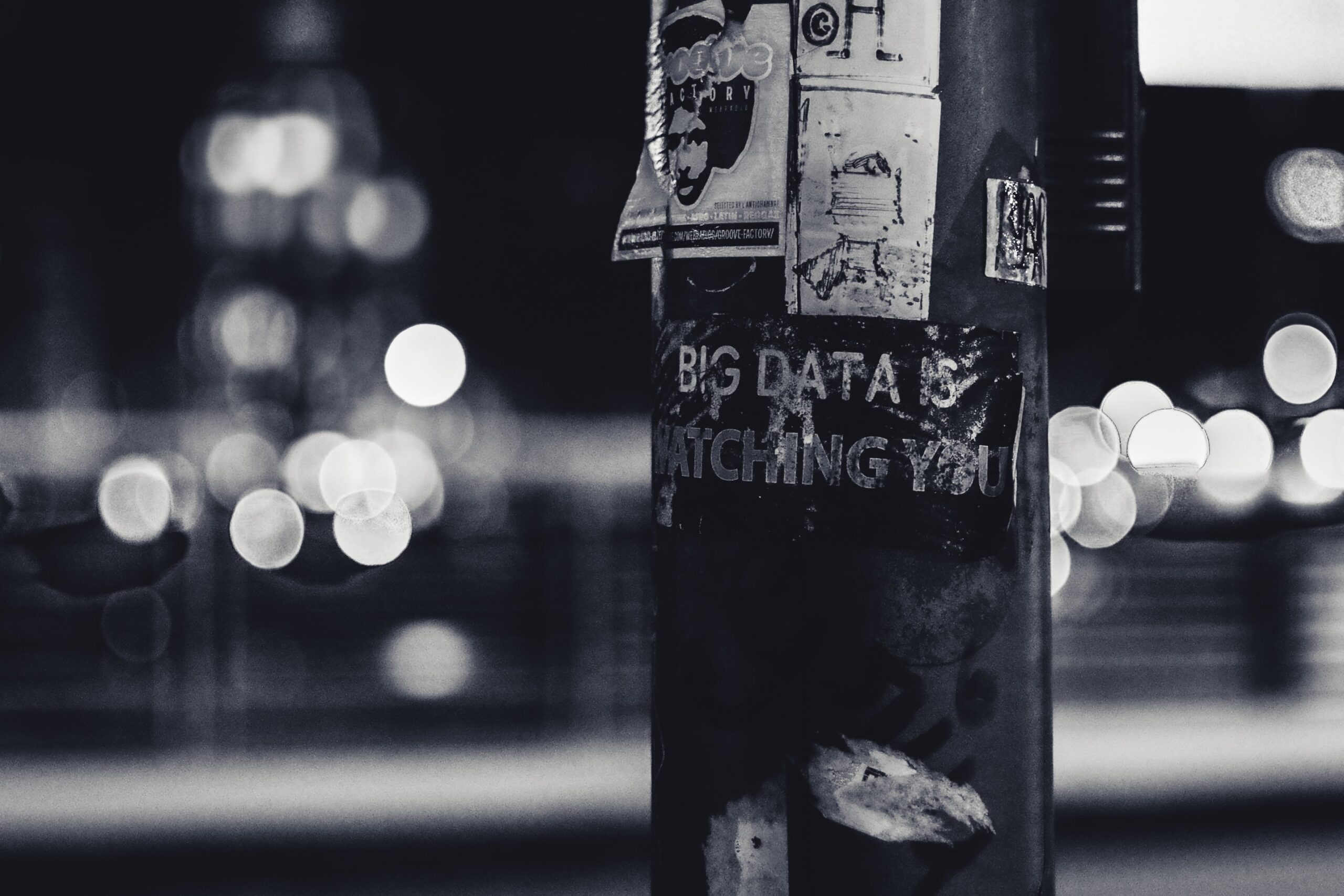 On June 10, 2020 researchers across campuses and universities around the world, including at UW-Madison, took part in #ShutDownAcademia, #ShutDownSTEM, and #Strike4BlackLives in order to interrupt “business as usual” and take deliberate action necessary to eradicate anti-Black racism in academia and STEM. The effort was a collaboration between ShutDownStem, Particles for Justice, and VanguardSTEM.
On June 10, 2020 researchers across campuses and universities around the world, including at UW-Madison, took part in #ShutDownAcademia, #ShutDownSTEM, and #Strike4BlackLives in order to interrupt “business as usual” and take deliberate action necessary to eradicate anti-Black racism in academia and STEM. The effort was a collaboration between ShutDownStem, Particles for Justice, and VanguardSTEM.
From ShutDownSTEM: “Our responsibility starts with our role in society. In academia, our thoughts and words turn into new ways of knowing. Our research papers turn into media releases, books, and legislation that reinforces anti-Black narratives. In STEM, we create technologies that affect every part of our society and are routinely weaponized against Black people.”
With this in mind we feel it is important to highlight the role that data and algorithmic bias play in this weaponization and offer the following resources:
- Data for Black Lives is a movement of activists, organizers, and mathematicians committed to the mission of using data science to create concrete and measurable change in the lives of Black people. In an interview with Forbes, Founder & Executive Director Yeshimabeit Milner said: “I was seeing the threats and also the opportunity to use technology to understand deep structural issues like systemic racism. The issues already existed of course – but technology was making them more obvious, scary, and urgent. I knew that before we change the algorithms, before we change where the data is coming from, we have to change the people who are in charge of all this.”
- The Algorithmic Justice League, is an organization that combines art and research to illuminate the social implications and harms of artificial intelligence. The AJL was founded by Joy Buolamwini , a poet of code, computer scientist, and digital activist based at the MIT Media Lab. She is dedicated to highlighting the dangers of biased algorithms and facial analysis technology that is often unable to recognize dark skin tones. She also launched the Safe Face Pledge, the first agreement of its kind that prohibits the lethal application of facial analysis and recognition technology. Check out AJL’s library of resources and watch Joy Buolamwini’s Ted Talk “How I am fighting bias in algorithms.”
- Algorithms of Oppression by Safiya Umoja Noble, Associate Professor at UCLA in the Department of Information Studies and Co-Director of the UCLA Center for Critical Internet Inquiry, looks at data discrimination and the way in which search algorithms privilege whiteness and reinforce discrimination against people of color, in particular against women of color. She challenges the idea that these algorithms are objective or neutral and situates them within their broader social, historical, and economic context. You can see a video of her discussing the book here.
- Black Software: The Internet & Racial Justice, from the AfroNet to Black Lives Matter by Charlton D. McIlwain, Vice Provost of Faculty Engagement & Development at New York University, Professor of Media, Culture, and Communication at NYU’s Steinhardt School, and Founder of the Center for Critical Race & Digital Studies, chronicles the relationship between African Americans, technology, and online racial justice activism dating back to the 1960s. It highlights the larger context of how computing technology since its origins has both been used as a tool of racial oppression and opportunities for racial justice.
- The JUST DATA Lab brings together activists, artists, educators, and researchers to develop a humanistic approach to data conception, production, and circulation. Their aim is to rethink and retool data for justice. They offer different modules on Housing + Economic Justice, Policing + Abolition, and Public Health + Environmental Justice. It was founded by Ruha Benjamin, Associate Professor of African American Studies at Princeton University, who is the author of People’s Science: Bodies & Rights on the Stem Cell Frontier and Race After Technology and the editor of Captivating Technology: Race, Carceral Technoscience, and Liberatory Imagination in Everyday Life.
- 5 Steps to Take as an Antiracist Data Scientist by Emily Hadley gives concrete suggestions for how non-Black data scientists can take action. This article offers resources on how data and algorithms have been used to perpetuate racism and structural inequality. Hadley shares a list of questions to ask about data you are working with to interrogate whether it reveals underlying racism, points out that algorithms can also be biased based on information that is NOT included, and gives links to modules to learn more. Hadley also gives suggestions on how to increase diversity in the data science field and support Black-led and community driven organizations.
- Data & Society convenes researchers, policymakers, technologists, journalists, entrepreneurs, artists, and lawyers to challenge the power and purpose of technology in society. They also have a podcast where researchers discuss the societal implications of data and automation. Make sure to check out their talks with Yeshimabeit Milner, Charlton D. McIlwain, and Ruha Benjamin.
- To bring this list full circle, we suggest checking out the resources from #ShutDownSTEM, Particles for Justice, and VanguardSTEM to learn more about institutionalized anti-Black racism in the sciences and academia. #ShutDownSTEM’s guide to creating a plan to eradicate racism and to create a more equitable STEM field is a particularly important resource for evaluating and taking action.